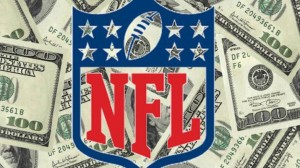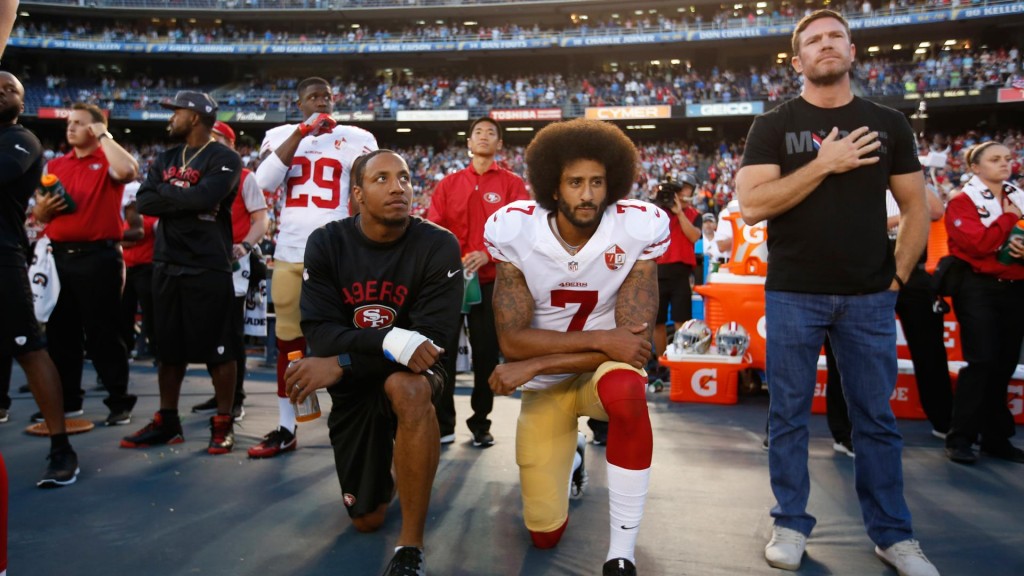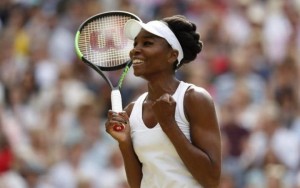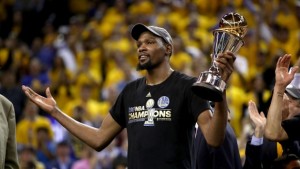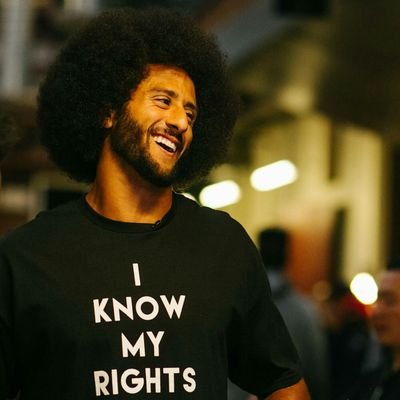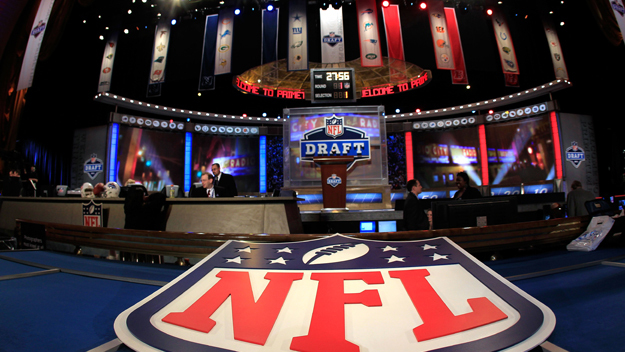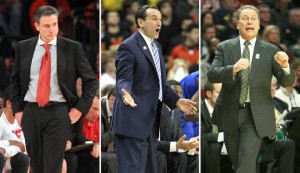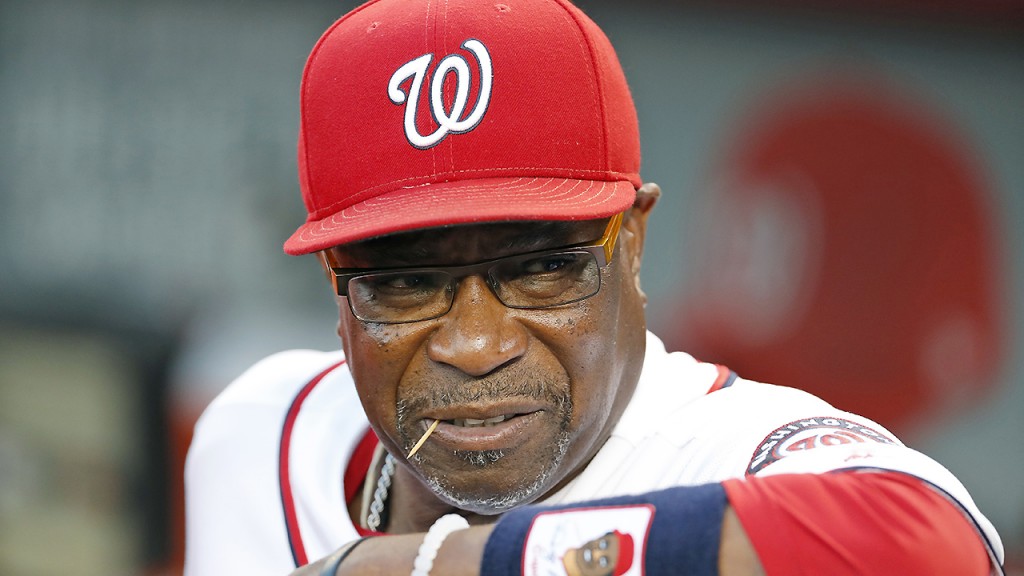
Washington Nationals manager Dusty Baker looks on from the dugout before a baseball game against the New York Mets at Nationals Park, Tuesday, Sept. 13, 2016, in Washington. (AP Photo/Alex Brandon)
As the Washington Nationals prepare for the post season, it should be noted that this is old hat for manager Dusty Baker. In fact, it’s as good of a time as any to make the case that Dusty Baker should one day be elected to the Baseball Hall of Fame.
That’s right, I said it, and the reasons people resist this idea are as interesting as the case that he is, so let’s start with those reasons.
Not only has Dusty Baker never managed a World Series winner, but he has presided over some of the most infamous pennant race and post season collapses in recent baseball history.
He has been the Marty Schotenheimer of major league baseball managers.
The list is as follows:
- 1993 Giants had an 8 game lead over the Braves in August. Though the team would win a franchise record 103 games, they would lose the Western Division on the last day of the season (losing to those damn Dodgers). That team would not make it to the post season. Many consider that season’s outcome to be the primary basis for the development of the wild card in baseball, giving the best second place team a place in the post season;
- 2002 Giants have a 3 games to 2 lead over the Angels in game 6 of the World Series and are 5 outs from winning their first world series since 1954. Then it all fell apart and the Angels go on to win in 7 games;
- 2003 Chicago Cubs and the infamous Bartman game and series. The Marlins win that game 6 and eventually game 7 in Chicago, and beat the Yankees in the World Series.
- 2012 Reds win the first two games in San Francisco of a best of 5 series, only to lose 3 straight to my Giants in Cincinnati. The Giants go on to win their second World Series of 3 in a 5 year span.
As sports fans, we tend to remember individual failure more than cumulative success. Ask any fan what they remember most about Billy Buckner and they are likely to cite the 1986 World Series error rather than the 2700+ career hits and 1980 NL batting title. The same is true of Ernest Byner in football.
It is fair to cite Baker as the only common denominator in all of the above noted collapses. My primary response is that only an exceptional manager would continually be in these situations.
The case for Baker is as follows:
- His 1800+ wins are more than Earl Weaver, Tommy Lasorda, or Dick Williams, all of whom are in the Hall of Fame;
- He is one of only 4 managers to take 4 different teams to the post season, along with Williams, Billy Martin, and Davey Johnson. Martin and Johnson each have their own Hall of Fame cases;
- He has ten 90 win seasons. All managers with this number or more are in the Hall of fame;
- He managed Barry Bonds and Jeff Kent over multiple 162 game seasons, which is every bit as difficult as coaching Shaq and Kobe.
So exactly what factors most impact a manager’s success? I say 4, which are communication skills, baseball tactics, instincts, and situation. The manager actually only has control of the first three. By all accounts, Baker is a great communicator. The problem is that this skill is the least observable to fans and even the sports writers who vote for the Hall of Fame. So Baker’s greatest skill is the least measurable. His baseball tactics and instincts would have to be above average to win nearly 2000 games. Sure, anyone can find a decision on bullpen or bench management here or there, to dispute over the course of 23 years and 162 game seasons. But surely not enough to question his deserving of Hall of Fame status. The last factor would be the situation, and the manager has little to no control over that factor. Situation includes the owner, timing, talent, etc. Let’s be clear about this, Joe Torre managed 3 different teams before he took the reins of the Yankees. In the years before he got there, notoriously meddling owner George Steinbrenner was suspended from the day to day operations of the team. His history was to win now, future be damned. What this resulted in was young talent being traded away for veterans. Due to his suspension, this did not happen in the mid-90s, and thus, Bernie Williams, Jorge Posada, Andy Petite, Mariano Rivera, and Derek Jeter remained in their system and awaited Torre’s tutelage. The rest is history. From 1996-2000, the Yankees would win the World Series four times.
Joe Torre did not suddenly learn how to manage in New York with the Yankees. But the fact is, if you take away his Yankees tenure, his career managerial record is sub-500. Situation matters.
Dick Williams found working under A’s owner Charlie O Finely so difficult, he resigned from a 2-time defending champion team after the 1973 season, in a similar way that Jimmy Johnson left the Cowboys. Situation matters.
Regardless of the situation, Dusty Baker has won and he has won a lot. This should earn him a bust in Cooperstown someday.


